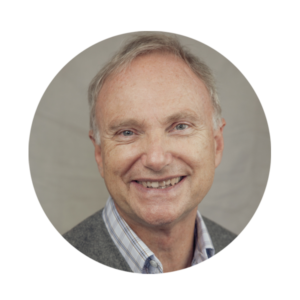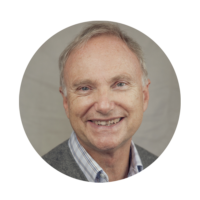Professor Tony Attwood, Clinical Psychologist, Ph.D., returns to the UK to speak to an audience, primarily aimed at parents and those that support autistic children and young people. Additionally, we are delighted to be able to extend the reach of this event by offering it as a live stream. We anticipate this event to sell out, so urge you to book asap.
Prices and booking
PLEASE NOTE: For those attending the event in person light refreshments such as tea, coffee, water, will be provided throughout the day, but lunch is not included. The venue is in the centre of Sheffield with many food outlets nearby.
About the talks
The day is split into two sessions (morning & afternoon).
Morning session
Autism and Family Dynamics
A diagnosis of autism affects different members of a family in different ways. The degree of challenge may vary depending on the severity of the autism, but the autism-related issues that families have to deal with are similar. This talk will look at stress management for all members of the family with practical tips and advice for parents/carers and siblings. Tony will also look at other key aspects of life that play an integral role in family life such as emotions, sleep, and pathological demand avoidance (PDA).
The presentation will focus on:
- Accommodating autistic characteristics at home, including managing intense emotions, anxiety, sleep, computer gaming and stress management for all family members
- The stages of autism through childhood, puberty, and adolescence
- The effect on family dynamics of having several autistic children
- A mother or father with autistic characteristics and the effects on parenting style, the marital relationship, and the typical children.
Afternoon session
Special Interests: The origins of the special interest and misuse of the interest
There appears to be several stages in the development of special interests and the presentation outlines the developmental sequence and the reasons why specific interests occur as part of the overall profile of Autism (Level 1). The perspective of parents, teachers, and the person with autism are explored and strategies are outlined to make constructive use of the interest or to reduce the dominance of specific interests in the person’s daily life.
Who should attend
This event should be of interest to those who support autistic children and young people.
- Parents/carers of those with autistic children
- Social care workers and leaders
- Teachers and support staff
- Youth-based service workers and leaders
- Mental Health & Health Professionals
- Commissioners of health and education service
About the speaker

Tony is a clinical psychologist who has specialised in Autism Spectrum Disorders since he qualified as a clinical psychologist in England in 1975. He currently works in his own private practice, and is also adjunct professor at Griffith University, Queensland and senior consultant at the Minds and Hearts clinic in Brisbane. His book Asperger’s Syndrome – A Guide for Parents and Professionals has sold over 500,000 copies and has been translated into 27 languages. His subsequent book, The Complete Guide to Asperger’s Syndrome, published in October 2006 has sold over 300,000 copies and has been translated into 18 languages, and is one of the primary textbooks on Asperger’s syndrome, otherwise known as Autism Spectrum Disorder – Level 1. He has several subsequent books published by Jessica Kingsley Publishers, Future Horizons Inc. and Guilford Press on emotion management, relationships and sexuality, and general advice for autistic children and adults.
Tony has been invited to be a keynote speaker at many Australasian and International Conferences. He presents workshops and runs training courses for parents, professionals and individuals with Asperger’s syndrome all over the world and is a prolific author of scientific papers and books on the subject. He has presented several live webinars with his colleague, Dr. Michelle Garnett, which have been recorded and can be accessed via their website at www.attwoodandgarnettevents.com.
He has worked with many thousands of individuals of all ages with many expressions of autism.

